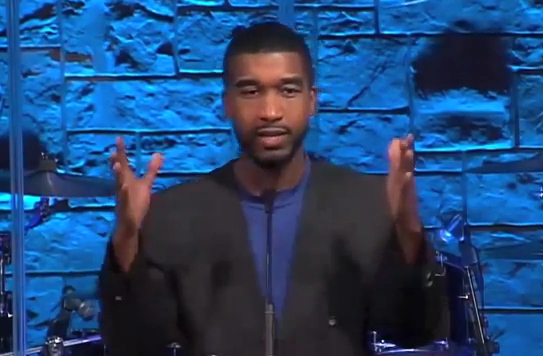Podcast: Play in new window | Download
Subscribe: Spotify | Email | RSS
 Episode 19 – the final segment of the Lewis-Rogers debate: Is the Trinity polytheism?
Episode 19 – the final segment of the Lewis-Rogers debate: Is the Trinity polytheism?
In this last of our three segments, our debaters each give a second seven-minute rebuttal, and then a five-minute closing argument. This is when they wrap up any loose ends, reiterate their main points, and try to “make the sale.”
Are you buying?
They get into questions like:
- Does the Qur’an imply that Christians are not polytheists?
- Does the Bible, both Old and New Testaments, teach that the one God is in some sense multi-personal?
- If Jesus is a god, then must he be a different god than his Father?
In our next episode, I’ll weigh in with my evaluation of the debate.
You can also listen to this episode on Stitcher or iTunes (please subscribe, rate, and review us in either or both – directions here). It is also available on YouTube (scroll down – you can subscribe here). If you would like to upload audio feedback for possible inclusion in a future episode of this podcast, put the audio file here.
You can support the trinities podcast by ordering anything through Amazon.com after clicking through one of our links. We get a small % of your purchase, even though your price is not increased. (If you see “trinities” in you url while at Amazon, then we’ll get it.)

I cant wait for your comments; it seems like the Trinitarian makes SEVERAL errors in logic, while at the same time trying to sound like he is using ‘sound’ logic. It is funny, using the Aramaic paraphrases as if they help his case, every scholar knows that these use circumlocutions for the name of God — as if they are personifying God’s actions, i.e., his words! In Hebrew idiom, to keep a promise, is to cause your ‘word’ to arise or stand up and perform your work. Let me see him use the Targumim for the explanation/exegesis of Ps 110.1. We are not stating that God, the Father, is not empowering his ‘word’ to accomplish his will, but to say that the ‘word’ is a person, before ‘it’ becomes a person, is to pose TWO origins for Jesus, ref. Matt 1.1;1.18. In other words, one can NOT exist before they begin to exist, ref. Gal 4.4; Rom 1.1f; Matt 1.18ff; Luke 1.32ff. Shalom in Messiah Yeshua
Comments are closed.